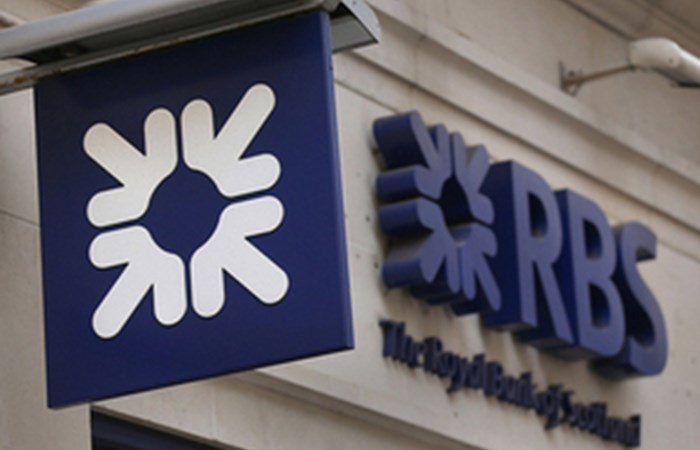HM Treasury

In his annual Mansion House speech this evening (10 June 2015), the Chancellor announced that the government will begin to sell off its stake in the Royal Bank of Scotland (RBS). He has received independent advice from the Governor of the Bank of England, and from a review by Rothschild, that it is now in the interest of taxpayers to start to sell our stake in RBS, and he agrees with this advice.
Addressing the annual event in the City of London, the Chancellor said that the decision point has been reached, which means that sales of the taxpayers stake in RBS will begin in the coming months.
The Governor of the Bank of England has written to the Chancellor to emphasise that it is in the public interest for RBS to be returned to private ownership, as this will promote financial stability, a more competitive banking sector, and the interests of the wider economy while avoiding considerable net costs to taxpayers of further delaying the start of a sale.
In addition, Rothschild has advised the government that in order to get maximum value from the sale of the whole of the taxpayers stake in RBS, it is in the interest of taxpayers for the government to begin an initial disposal of RBS shares, because:
- by starting to sell, the government will increase the free float of RBS shares which should in turn improve the marketability of the remainder of its shareholding
- by starting to sell, the government may bring further benefits to the bank and therefore to the taxpayer as shareholder by beginning the privatisation and sending a strong signal that RBS is on the road to recovery
- market conditions for financial assets and bank shares are currently good
The advice from Rothschild sets out that in the absence of unforeseen circumstances, taxpayers can comfortably expect to secure proceeds from their interventions in the banks that exceed the money they put in.
Rothschilds report shows that if the government sold all its remaining shares in the banks (including RBS) at the share price as at 5 June 2015 and taking into account the fees and other proceeds received from the banks as a result of the taxpayers support during the financial crisis - taxpayers would get back over 14 billion more than they put in. That contrasts with government estimates at the time of the interventions in 2009 that losses could be between 20 billion and 50 billion.
An estimated loss of 7.2 billion to the taxpayer from RBS, if the government sold its remaining shares in the bank in one go at the share price as at 5 June, would be much more than offset by proceeds from other interventions, for example on shares in Lloyds.
While the size of the governments stake in RBS means that sales will take some years and likely involve all types of investors, the Chancellor also indicated that there is no reason ordinary investors should not be involved in due course. However given RBSs complex investment case, sales will need to start with institutions.
Read the Chancellors speech in full online.
The Chancellor also used his speech to set out the new settlement that Britain needs to see, with our partners in Europe.
Citing the twin challenges of a European Union that seems intent on pricing the continent out of the world economy, and reconciling the integrity of the Union as a collection of 28 member states with the integration of the Eurozone as a currency union of 19 economies, the Chancellor insisted that these issues must be confronted now as part of the renegotiation of the terms of Britains EU membership.
He set out that among the principles that Britain will seek to establish in the renegotiation are the simple ones of enshrining fairness between the euro-ins and the euro-outs, and preserving the integrity of the single market.
